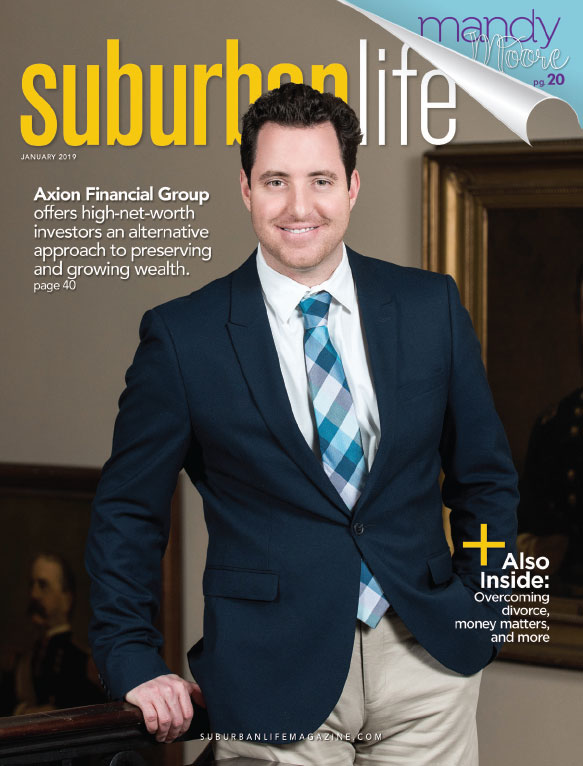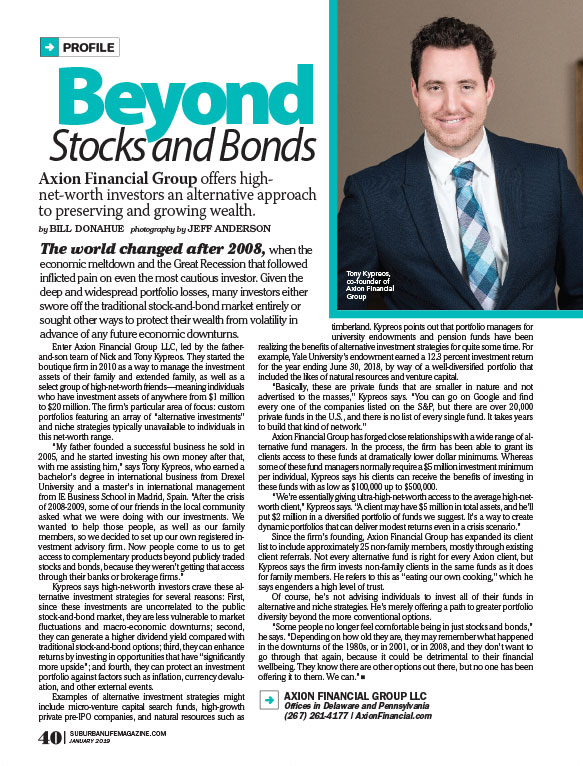Boston Private, a $15bn wealth manager, is seeking niche strategies to avoid muted returns from crowded trades in multi-strategy, macro and distressed, according to Emmett Maguire, managing director of manager research and selection.
Maguire told HFM that the Boston-based firm is searching for specialists in esoteric strategies such as litigation finance, shifting its asset allocation to create a stream of resilient and diversified returns.
Boston Private uses three criteria when seeking experts within niche areas. Developed by Maguire himself, a former Merrill Lynch pro who joined the firm in 2019, the process looks for a manager’s fit within the firm’s portfolio, competitive edge and continued improvement.
He added that the firm would favour a PM who has built a strategy and demonstrated that it can register “very lucrative and uncorrelated” returns.
“The first mostly hinges on how much competition is there for the same opportunities. Secondly, what is the manager doing to incentivise their investment team or mitigate cognitive bias in decision-making errors that we’re all subject to? Third, what are the feedback mechanisms in their process that allow them to figure out what they’re doing well, what they’re doing poorly and adjust accordingly?” he shared.
Founded in 1987, Boston Private has a roster of 10 to 12 hedge funds, featuring long/short equity and asset-backed securities specialists. For the 1,181 clients it manages money for, its strategic hedge allocation sits at 9%, or $1.3bn.
Maguire is the head of due diligence across all asset classes and oversees the manager selection process. He gets support on potential hires from CIO Shannon Saccocia, with the firm’s investment committee making a final decision.
“We are moving forward towards niche strategies….there are a lot of people chasing the same opportunity,” he said. “Distressed investing is experiencing this today.”
With the firm having to conduct due diligence virtually, Boston put in place new measures to navigate the process in the new normal world.
“We began sourcing references directly from managers and from our own networks,” he noted.
Maguire’s cognitive science background makes for a “unique” process, which identifies and avoids managers with a herd mentality, conformation bias and arrogant personalities.
“A good example, from many years ago; We were invested in equity long/short technology manager who had been in and out of Apple. When we asked why did you guys get back to Apple, they said ‘everyone else owns it,” he noted. “That was kind of the nail in the coffin for that particular manager, but it’s those unthoughtful decisions that get made and raise red flags for me.”
He flagged that managers in Asia currently can offer more attractive value for money than their US peers.
“Managers that I’ve spoken to are much further along with the investment evolution than many of the managers I speak to in the United States. That’s been an interesting revelation for me. They also have more attractive terms,” he said.
The firm looks for managers with at least $100 in AuM, who are open to negotiating on fees.
“Going for a new manager depends on their prior experience, what they were doing before?” he added. “ESG is not a requirement but it is becoming more important.”
Delaware-based multi-family office Axion Financial is also plotting an entry in niche strategies including asset-backed securities and managed futures, according to founder and co-managing partner Antonios Kypreos.
The 15-year-old Delaware-based multi-family office, which manages $65m for 28 families, allocates to hedge funds, private equity, venture capital and makes direct deals.
It favours managers who are invested in their own fund, with a proven track record, niche sector expertise and ability to manage a portfolio during a crisis.
“Has the fund manager proven their strategy through a crisis like 2020?” he stressed. “[This year] has shown the advantage of funds’ prudent use of leverage and conservative loan to value ratios and why being conservative has its advantages.”






Recent Comments